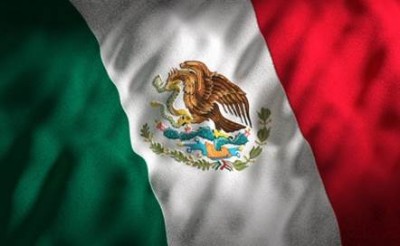By Brenda Cordova, Braumiller Law Group, Mexico Attorney
Mexican customs and trade regulations are constantly updated. Sometimes over 8 times a year.The most recent amendment was published on December 22, 2017.
The government is now releasing “resoluciones anticipadas” (similar to informed compliance publications) on their website. These publications will then become law when published on the Diario Oficial de la Federacion (Mexican Official Gazette). The most recent one was published in March 16, 2018.
Some of the most recent and relevant amendments are:
Global transportation insurance. Global transportation insurance cost affects the value for customs purposes. A company must provide to MX customs the exact cost for a specific freight. If the company purchased global transportation insurance, it may temporarily provide an estimate if certain requirements are met, and can later determine the exact cost, reconcile its numbers, amend the correspondent customs documents, and pay any missing amounts. In this case, no penalties or sanctions should be imposed.
IMMEX: In some cases, foreign companies buy items from IMMEX (manufacturing companies with a special government authorized program) which are then delivered to other IMMEXs in Mexico. For fiscal purposes, this might create a tax/legal responsibility (i.e. Value Added Tax), for all parties involved, and might impose restrictions for transfer between the IMMEXs. However, the new amendment sets forth that when foreign companies buy under those circumstances, it shall be deemed as an export and they must subsequently make sure that the customs records are prepared accordingly, as fiscal/tax benefits can apply
Mexican Customs certification for companies. In Mexico, there are different types of customs certifications that allow companies to receive administrative, tax/fiscal, and legal benefits. Determining the one applicable to your company depends on various factors such as industry sector, number of operation, customs regime, etc. Also, Certified companies must be in permanent and constant compliance, otherwise the certification will be cancelled, and penalties could be imposed.
Origin verification procedures. The Mexican government is constantly implementing origin verification procedures against foreign suppliers. They have found that these procedures represent a great way to collect large amounts of revenue. Therefore, prior to sending goods to Mexico, one should perform a very detailed analysis of the origin the goods. Should MX customs implement an origin verification procedure and detect an irregularity in this regard, high penalties and sanctions could be imposed against its MX buyers.

























